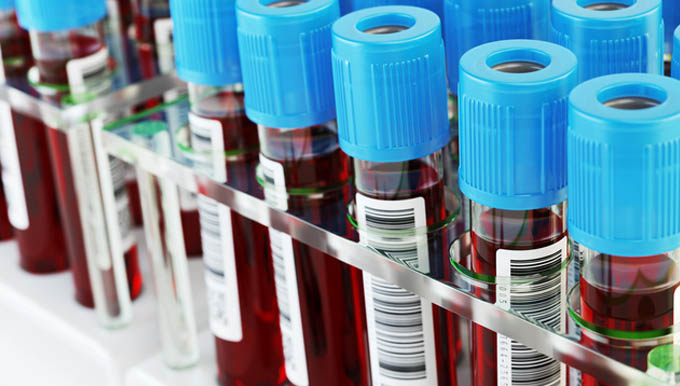Cancer is the second leading cause of death in the United States. Anyone can develop cancer, but the risk of most types of cancer increases with age, and some individuals have higher or lower risk due to differences in exposure to carcinogens (such as from smoking) and as a result of genetic factors.
Cancer screening is very important and should be done at the appropriate ages. Here are some common screening tests for cancer:
CERVICAL
Women 21 to 29 years of age should be screened every three years with cytology alone. Women 30 to 65 years of age should be screened every five years with cytology plus HPV testing or every three years with cytology alone. Screening is not recommended for women younger than 21 years or in women older than 65 years with an adequate history of negative screening results. The U.S. Preventive Services Task Force is in the process of updating its guidelines.
BREAST
Breast cancer is the most common non–skin cancer and the second leading cause of cancer death in North American women. Mammography is the only screening test shown to reduce breast cancer–related mortality. There is general agreement that screening should be offered at least biennially to women 50 to 74 years of age. For women 40 to 49 years of age, the risks and benefits of screening should be discussed, and the decision to perform screening should take into consideration the individual patient risk, values, and comfort level of the patient and physician. Information is lacking about the effectiveness of screening in women 75 years and older.
Screening with Magnetic Resonance Imaging (MRI) may be considered in high-risk women, but its impact on breast cancer mortality is uncertain. Clinical breast examination plus mammography seems to be no more effective than mammography alone at reducing breast cancer mortality. Teaching breast self-examination does not improve mortality and is not recommended; however, women should be aware of any changes in their breasts and report them promptly.
COLORECTAL
Colorectal cancer is the third most common cancer in men and women. The incidence and mortality rate of the disease have been declining over the past two decades because of early detection and treatment. Screening in persons at average risk should begin at 50 years of age; the U.S. Preventive Services Task Force recommends against routine screening after 75 years of age. Options for screening include high-sensitivity fecal occult blood testing annually, flexible sigmoidoscopy every five years with high-sensitivity fecal occult blood testing every three years, or colonoscopy every 10 years.
PROSTATE CANCER
The U.S. Preventive Services Task Force and American Academy of Family Physicians recommend against prostate-specific antigen testing to screen for prostate cancer because the harms outweigh the benefits in most men. Your physician will decided if prostate cancer screening is appropriate depending on your risk factors.
LUNG CANCER
The U.S. Preventive Services Task Force recommends lung cancer screening using low-dose computed tomography in high-risk patients. However, the American Academy of Family Physicians concludes that the evidence is insufficient to recommend for or against screening. Whether to screen high-risk patients should be a shared decision between the physician and patient.
If you have any other risk factors for any cancer, please let your doctor know. Also every screening has a recommended age cutoff. This will be decided by your physician.

